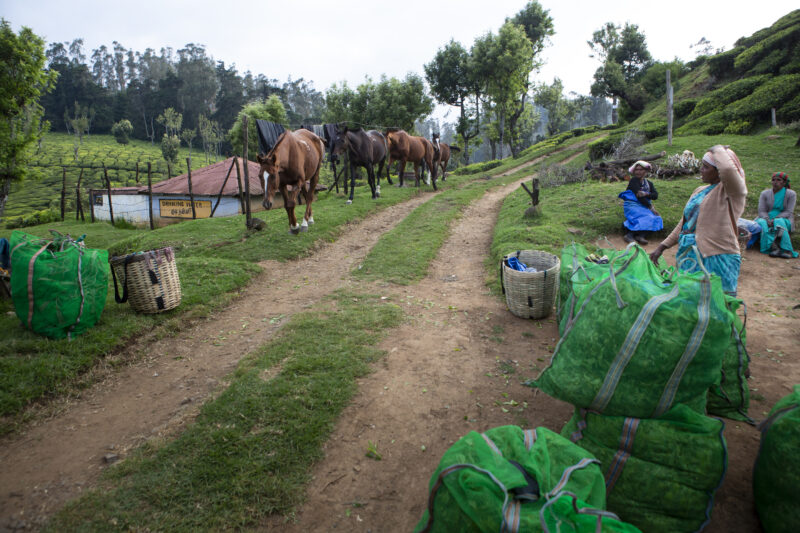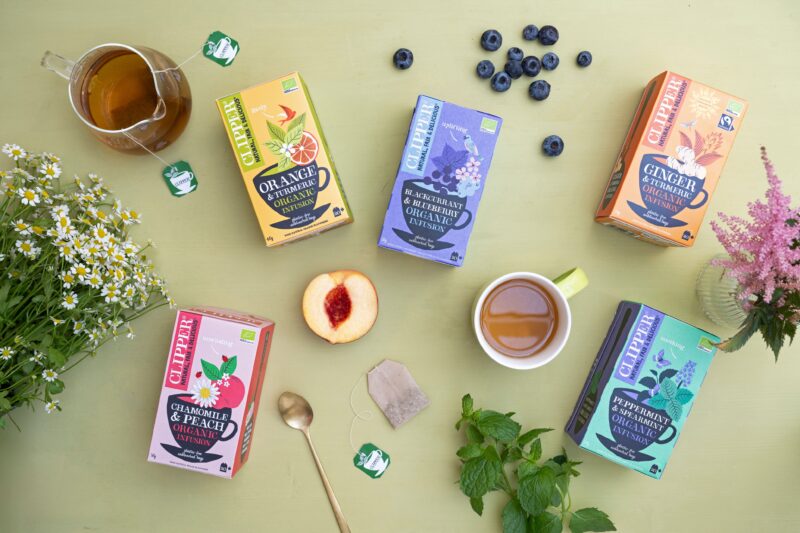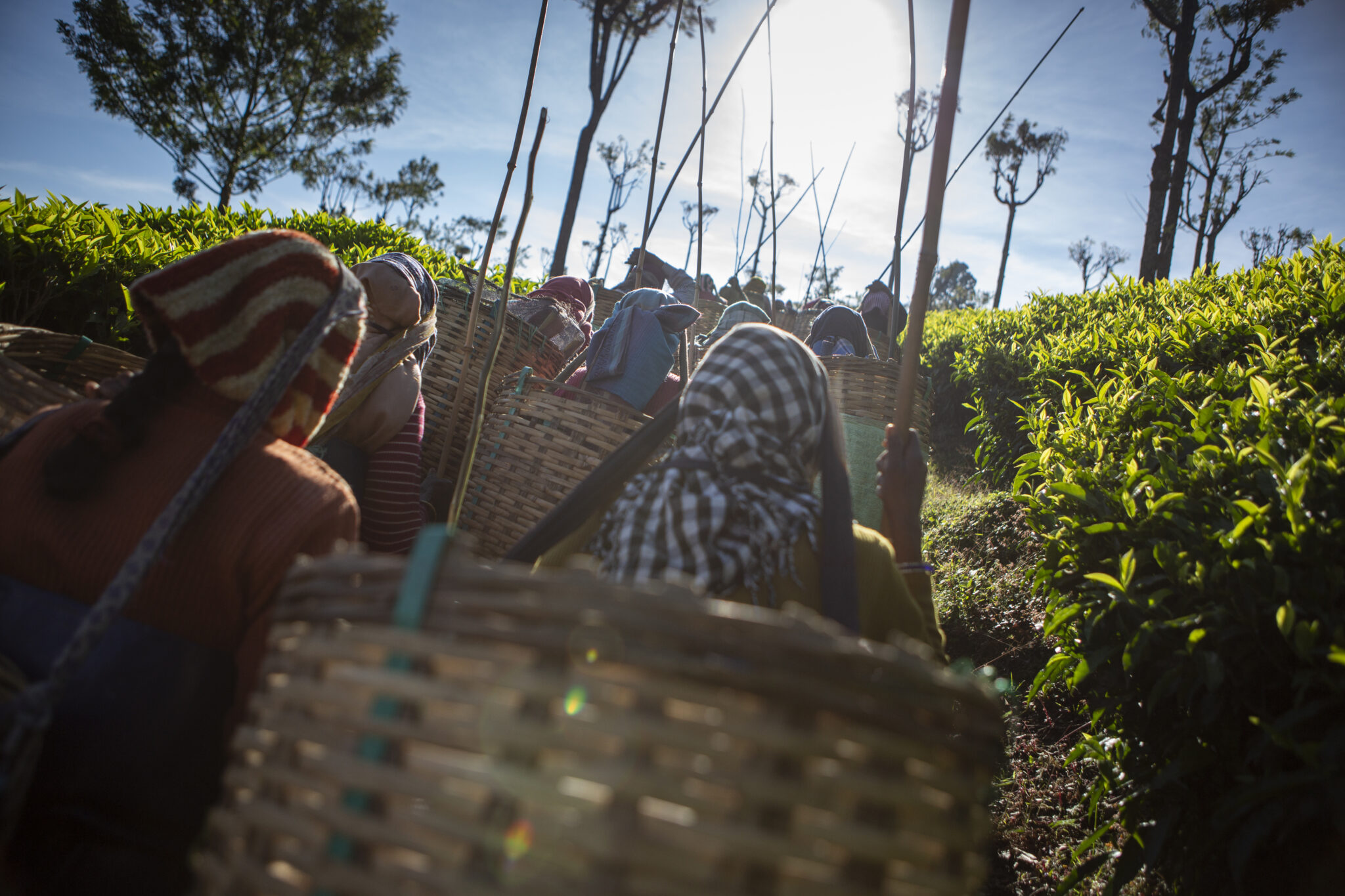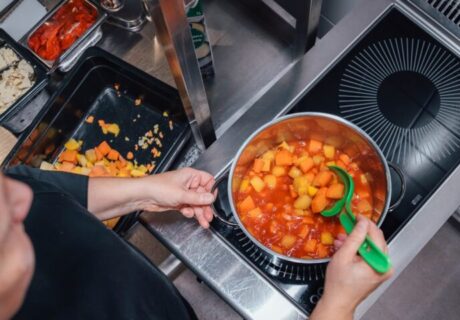Organic farming is a powerful, practical solution to the current food system – one that connects individuals, businesses, and governments in a shared mission for the planet.
In 2025, it’s having its heyday. But it begs the question: if the benefits of organic are well known – healthier soils, richer biodiversity, lower emissions – why is non-organic food still dominating UK?
At Ecotone, we’re driven by a clear purpose: to protect and grow biodiversity through food. It’s not always the easiest route, or the cheapest – but in the face of declining biodiversity due to the climate emergency, changing how we eat and farm can make a world of difference.
The organic industry requires increased support to become more commercially viable.
Where purpose meets progress
Looking at the stats, there is heightened awareness of the perils of climate change. This is prompting some people to rethink their shopping choices and as a result, organic is growing. At a steady rise of 7.3%, more consumers are choosing products made in harmony with the environment and without harmful chemicals. It’s positive to see more people make the switch, especially among younger generations.
We’ve seen a parallel picture of progress under our sustainable tea pioneer, Clipper Teas, which is now the fastest-growing tea brand – outperforming the UK tea category at YoY growth of +14.5%1. Clipper is one of the leading organic tea companies in the UK with a fierce commitment to growing tea that helps nature to not only survive, but thrive!
There is still much more room for growth in the organic sector to help overcome the hurdles to sourcing natural ingredients.

Barriers to better business
So, what’s standing in the way? Well, of the £2.3M UK organic market, approximately 8% relies on exports, mainly to Europe. Post-Brexit, trade has become increasingly difficult.
In some cases, the shift from digital to paper systems pushed shipping costs up to £500 per consignment. Equally, import requirements are costly and infrastructure is lacking to be able to cope with the changes.
As a mission-led business, we believe that business shouldn’t come at the detriment to the planet, which is why we support organic food. But more needs to be done to make is easier for businesses such as ours to produce and sell organic products.
Rethinking price and perception
Beyond the costs of production, barriers remain hardened among consumers in the UK. While 67% of shoppers are intentionally buying organic products, the link connection between premium quality and premier price are hardwired. There’s a perceived class problem with it, as Matt Chittock aptly explains. At Ecotone, our purpose is to bring organic and plant-based food to the masses, through brands we really believe in. As a B Corp – the highest scoring multinational food company in the world – and Europe’s leading organic food business, we believe nature should be at the heart of what we eat. Our brands champion organic, plant-based, and sustainably sourced ingredients – because real progress means doing what’s right for people and the planet.
But how can we do that without doing everything we can to make natural food both accessible and affordable?
“The organic industry requires increased support to become more commercially viable.”
Conventionally farmed ingredients are significantly cheaper to source, and organic farming is also far more labour intensive. On top of that, there are stringent standards when it comes to certification and regulation – which vary from country to country.
Despite these challenges, we keep our products market-comparable to other premium brands as it’s the right thing to do.
“We’re proud that with Clipper and Kallø shoppers don’t have to choose between price and planet.”
This is why we’ll keep fighting to make organic food more accessible, more affordable, and more understood. We can’t do it alone – and openly invite other businesses to join us, to increase supply and demand.
Organic growth starts at home
The more demand there is for organic food in the UK, the more businesses like ours, can source food from organic farms and keep price tags down. Even better if we can source more locally.
Currently, just 3% of UK farmland is organic, whereas this number is doubled in Europe. The EU has a goal to reach 25% organic land by 2030. We know the industrial food industry is a major contributor to biodiversity loss. Imagine the positive difference it would make if more products were made organically?
Doing the right thing to support wildlife isn’t always the easiest – but it is the most urgent.

At Ecotone, we believe organic shouldn’t be a privilege for the few, but a standard for all. It boasts better soil health, reduced pollution, increased biodiversity, and less carbon so if there is one call to action I have, it’s to buy more organic food.
“This is why we’ll keep fighting to make organic food more accessible, more affordable, and more understood. We can’t do it alone – and openly invite other businesses to join us, to increase supply and demand.”
When organic becomes the easy choice, not just the ethical one, real change can take root.
Written by Bryan Martins, CEO of Ecotone UK. Find out more about Ecotone UK here.





